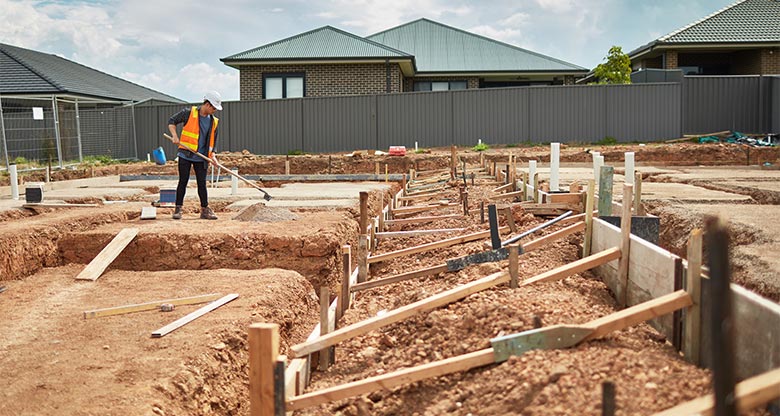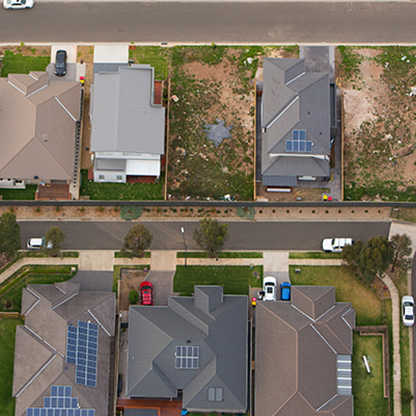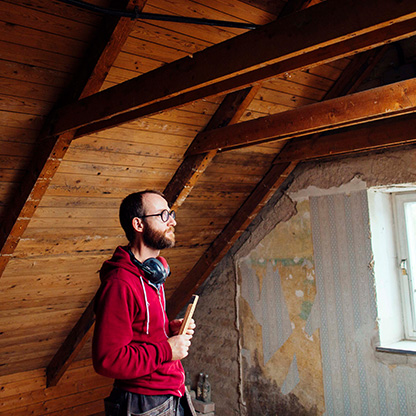If your dream is to buy a brand new home that you can design and build from scratch, you might find yourself looking at house and land packages. But how exactly do they work?
These days, most new homes are built by property developers who acquire land when it's released by the government. The developers lay down infrastructure (roads, utilities, water and sewage), and then either:
- build homes and sell them as a complete house and land deal, or
- offer a number of standard or customisable home designs, so that you can choose the block of land you want and the features you’d like in your new home.
One potential benefit of buying your new home this way is that you can tailor the property to suit your needs.
Another benefit is that environmentally friendly materials and features can often be part of the package, as sustainability has become a key benchmark in the construction industry.
How do you find a house and land package?
House and land packages are often tailored to appeal to a specific group of buyers. You might find the one you want in a golfing estate, retirement village or even an eco-village. Then there are the new subdivisions, with opportunities for investors or first home buyers.
Unless you’re already aware of a new estate being built in your ideal neighbourhood, you can find them advertised on major multi-listing websites or by going directly to the developers themselves.
If possible, check out other estates that the developer has been involved in, walk around the streets and talk with homeowners to get a feel for the reliability and quality of the development you’re interested in.
How does financing a house and land package work?
Financing for a house and land package usually consists of two steps: buying the land then building the house. The loans can be arranged separately, but are usually bundled together.
Buying the land is a standard real estate transaction with a regular mortgage. The second step requires a construction loan where you 'draw down' an agreed amount to pay for each stage as your home is built. That way, you only pay interest on the money you’re using at each stage.
Other considerations
Ask the developer what is included in the build, as there could be other things you need to budget for. Some builders include for example fencing, driveways, landscaping, garaging, carpets and clotheslines in the listed price, while others do not.
It's a good idea to budget conservatively. If there are shortfalls in the valuation of the property, you may need additional funds to cover the cost of the construction or land purchase. You may be better off leaving a bit of a buffer in your budget to cover any unexpected costs.
Lenders might also require that you pay the initial invoices and only start releasing funds from the construction loan when there's evidence that you’ve used all your deposit. This is to ensure there are sufficient funds to complete the build.
Are there any grants for new house and land packages?
Many states offer grants for buying or building a new home – for example the federal government’s HomeBuilder Grant – as well as tax or stamp duty concessions, particularly for first home owners. See your state government’s website for details before finalising your budget.
Once you've decided where and how your dream home will be built, keep a close eye on it throughout construction. That way you'll know about changes as they occur and be prepared for the next steps.




